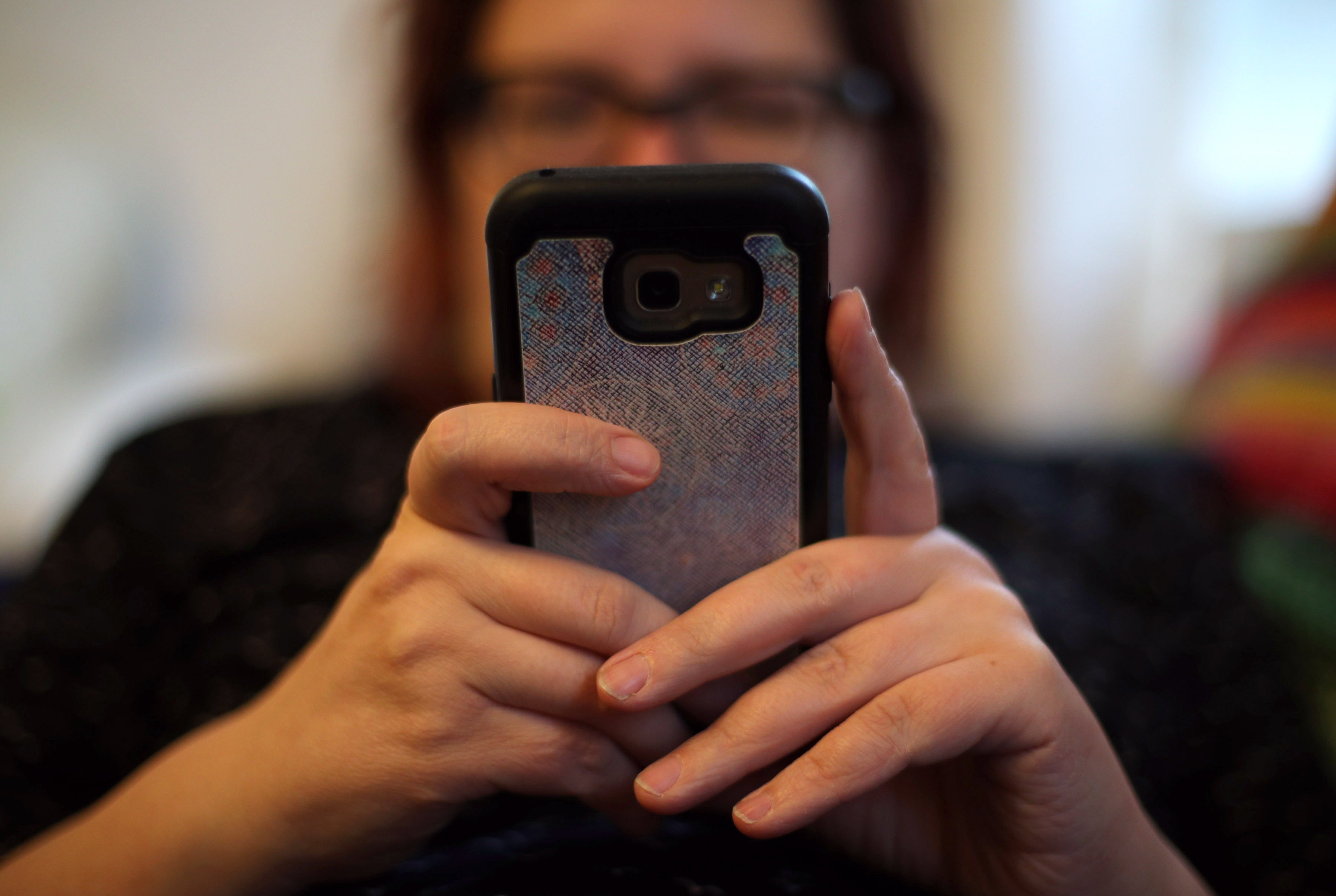Cold callers pressuring vulnerable people into unneeded appliance cover – Which?
Nearly a quarter of Which? members have received unexpected calls about home appliance insurance or extended warranties in the past year.

Your support helps us to tell the story
From reproductive rights to climate change to Big Tech, The Independent is on the ground when the story is developing. Whether it's investigating the financials of Elon Musk's pro-Trump PAC or producing our latest documentary, 'The A Word', which shines a light on the American women fighting for reproductive rights, we know how important it is to parse out the facts from the messaging.
At such a critical moment in US history, we need reporters on the ground. Your donation allows us to keep sending journalists to speak to both sides of the story.
The Independent is trusted by Americans across the entire political spectrum. And unlike many other quality news outlets, we choose not to lock Americans out of our reporting and analysis with paywalls. We believe quality journalism should be available to everyone, paid for by those who can afford it.
Your support makes all the difference.Cold-calling firms are pressuring vulnerable people into taking out cover for appliances which they do not even own in some cases, according to Whic ?
The consumer group said callers sit back and hope monthly direct debit sums of, say £10 or £20, will leave their victim’s account unnoticed.
A survey of more than 1,300 Which? members found nearly a quarter had received unexpected calls about home appliance insurance or extended warranties within the past year.
Which? heard reports that callers tell people their existing cover is expiring – even though they do not have a policy, or call claiming to be another well-known company.
Callers often have personal information that makes their targets believe the calls are genuine, Which? said.
A 92-year-old grandmother paid out £10,000 over a two-year period to multiple firms claiming to be providing breakdown cover for her washing machine and boiler – as well as a dishwasher she does not own – Which? said.
If you or someone you know has been cold-called about appliance cover, ask for the company name and report it to ICO
Firms claimed to be offering various services, including cover for blocked drains and loyalty schemes.
Which? has reported its findings to National Trading Standards which is investigating.
The consumer group said that if a direct debit has been set up without someone’s permission, or they have been duped, they should claim the money back from their bank.
It said most people who had reported incidents to Which? had been refunded, but the process could be time-consuming and a hassle.
The 92-year-old has been refunded most of her money and hopes to have it all by the end of the year, Which? said.
It is urging people not to buy from cold callers selling appliance cover or any other type of insurance.
Consumers interested in appliance cover should purchase this proactively from regulated firms.
Anyone cold-called about appliance cover could ask for the company name and report it to ICO (Information Commissioner’s Office) if it is not regulated, Which? said.
Anyone who is inundated with cold calls, or has family members plagued by this issue, can also ask the phone network if it offers any call-blocking services, some of which are free of charge, it added.
Gareth Shaw, Which? head of money, said: “If you or someone you know has been cold-called about appliance cover, ask for the company name and report it to ICO. If you are being inundated with cold calls, ask your phone network if it offers any call-blocking services.”
He added that Which? wanted to see landline providers including their existing, free-of-charge protections within landline packages by default, adding: “Consumers should not have to opt in to be protected from unwanted cold calls.”
An ICO spokesperson said: “Unwanted calls are at best a nuisance and in the worst cases can cause real distress. Complaints regarding the mis-selling of white goods insurance are among some of the highest we receive, and we’d encourage people to tell us when they get one.
“The information people provide helps us track down offenders and take action to stop them making further calls, as well as deterring others from doing the same. We also jointly work with other regulators, including Trading Standards, and consumer groups, such as Which?, to fine the companies and individuals behind these scams.
“In the year to date, we have issued 19 fines totalling almost £2 million against companies responsible for making millions of nuisance calls and we will continue to take action to protect the public.”